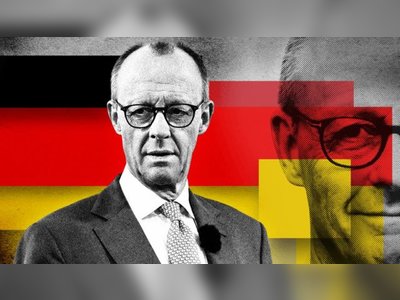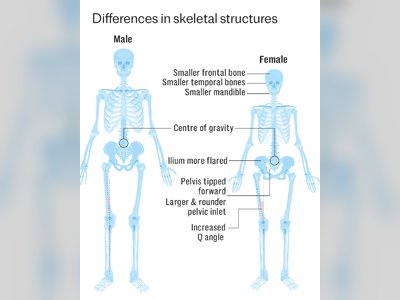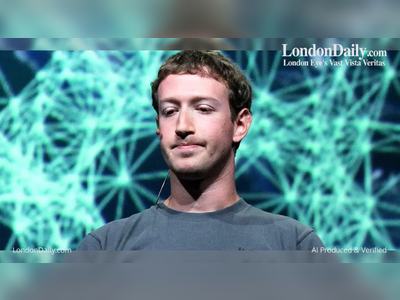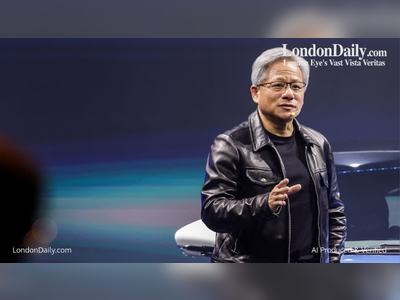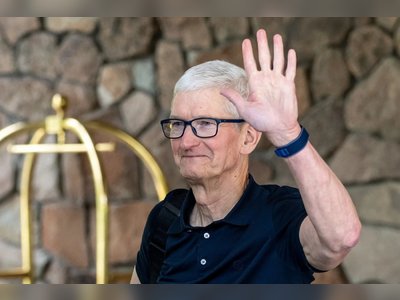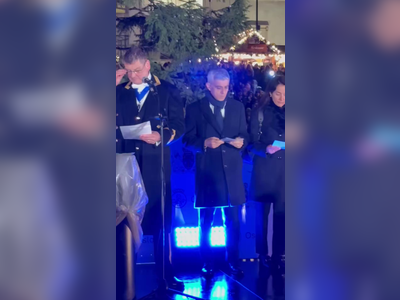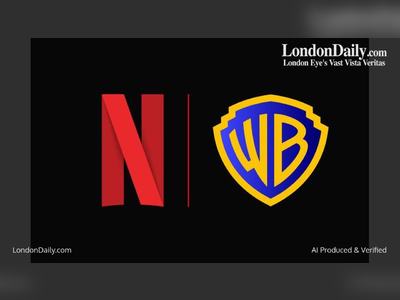BBC Director-General Tim Davie and News CEO Deborah Turness Resign Amid Editing Controversy
Top executives depart following accusations that a BBC documentary misrepresented former President Donald Trump and raised wider questions of institutional bias
The British Broadcasting Corporation’s director-general, Tim Davie, and the CEO of BBC News, Deborah Turness, announced their resignations on Sunday, signalling a sweeping leadership shake-up at the UK’s public broadcaster.
The move follows the publication of a leaked internal memo accusing the BBC of misleading editing of a speech by former U.S. President Donald Trump, and broader editorial failings in coverage of the Israel-Hamas war, transgender issues and the Arabic-language service.
Professor Davie, who led the corporation since September 2020, said his departure was “entirely my decision” but acknowledged that recent controversies had “undoubtedly contributed” to it.
Turness, who became head of BBC News in 2022, said the ongoing episode “has reached a stage where it is causing damage to the BBC – an institution that I love” and that “the buck stops with me”.
At the heart of the dispute is a programme aired on Panorama which spliced together two segments of Trump’s January 6 2021 speech.
Critics argue this made the former president appear to incite the U.S. Capitol riot, when in fact the segments were from different contexts.
A former BBC editorial standards adviser flagged this example alongside alleged systemic bias issues in internal correspondence, generating sharp push-back from politicians and media observers alike.
UK Culture Secretary Lisa Nandy thanked Davie for his “service to public broadcasting through a period of significant change” and said the government expects the BBC to clarify its path forward.
U.S. President Donald Trump welcomed the resignations, calling the BBC’s leadership “very dishonest people” and accusing the broadcaster of trying to “step on the scales of a Presidential Election”.
The departures are seen as highly unusual and come at a delicate juncture: the BBC’s Royal Charter is due for renewal in 2027, and the broadcaster faces debate over its funding model and impartiality.
The chair of the parliamentary Culture, Media and Sport Committee has called for “genuine reform” of the corporation’s governance and editorial culture.
A BBC spokesperson said the board would oversee an orderly transition and announce appointment plans in due course.
Observers expect the new leadership to be tasked with rebuilding trust, revising editorial standards and navigating upcoming negotiations over the licence fee and charter renewal.
The spotlight will be on how swiftly and credibly the BBC addresses the issues raised in the memo and re-asserts its role as a trusted public broadcaster.
The move follows the publication of a leaked internal memo accusing the BBC of misleading editing of a speech by former U.S. President Donald Trump, and broader editorial failings in coverage of the Israel-Hamas war, transgender issues and the Arabic-language service.
Professor Davie, who led the corporation since September 2020, said his departure was “entirely my decision” but acknowledged that recent controversies had “undoubtedly contributed” to it.
Turness, who became head of BBC News in 2022, said the ongoing episode “has reached a stage where it is causing damage to the BBC – an institution that I love” and that “the buck stops with me”.
At the heart of the dispute is a programme aired on Panorama which spliced together two segments of Trump’s January 6 2021 speech.
Critics argue this made the former president appear to incite the U.S. Capitol riot, when in fact the segments were from different contexts.
A former BBC editorial standards adviser flagged this example alongside alleged systemic bias issues in internal correspondence, generating sharp push-back from politicians and media observers alike.
UK Culture Secretary Lisa Nandy thanked Davie for his “service to public broadcasting through a period of significant change” and said the government expects the BBC to clarify its path forward.
U.S. President Donald Trump welcomed the resignations, calling the BBC’s leadership “very dishonest people” and accusing the broadcaster of trying to “step on the scales of a Presidential Election”.
The departures are seen as highly unusual and come at a delicate juncture: the BBC’s Royal Charter is due for renewal in 2027, and the broadcaster faces debate over its funding model and impartiality.
The chair of the parliamentary Culture, Media and Sport Committee has called for “genuine reform” of the corporation’s governance and editorial culture.
A BBC spokesperson said the board would oversee an orderly transition and announce appointment plans in due course.
Observers expect the new leadership to be tasked with rebuilding trust, revising editorial standards and navigating upcoming negotiations over the licence fee and charter renewal.
The spotlight will be on how swiftly and credibly the BBC addresses the issues raised in the memo and re-asserts its role as a trusted public broadcaster.

